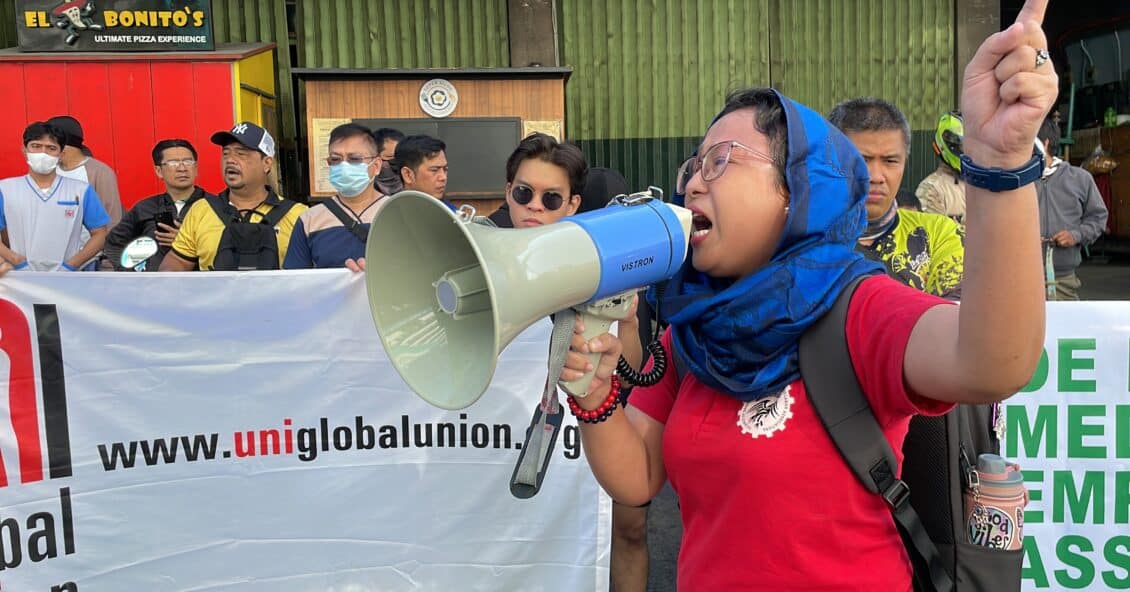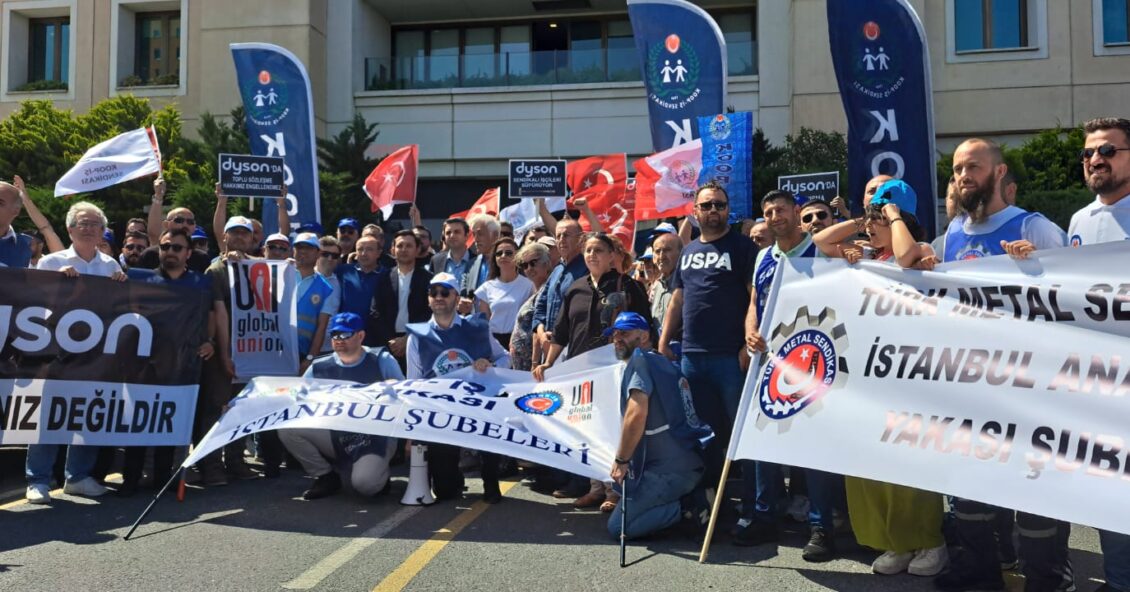ILO Conference recognizes urgent need to formalize care work
16.06.25
The 113th session of the International Labour Conference (ILC) in Geneva has concluded with the adoption of new language recognizing care and support workers as among the groups most at risk of informal and insecure employment. The outcome document urges governments to take concrete action to extend labour protections to these workers, including migrant workers and those in disability support roles who are often excluded from formal public employment frameworks.
“These conclusions mark an important step toward recognizing that governments have an obligation to ensure all publicly funded care workers are fully formalized,” said Alan Sable, Head of UNI Global Union’s Care sector. “For too long, care workers—especially community healthcare workers and homecare and disability support workers—have been considered paid volunteers or hired without social protections.”
The conclusions emerged from a general discussion on transitioning from informal to formal employment. They call for targeted public investment to create formal care jobs and stress the importance of access to training, social protection, and collective bargaining for care and support workers.
Throughout the ILC discussions, UNI Global Union, alongside other trade union organizations and civil society allies, advocated for the inclusion of language to elevate the needs of care and support workers and ensure their inclusion in national formalization strategies overcoming strong resistance from some governments and employers’ representatives. The efforts contributed to the recognition of care and support as critical sectors requiring urgent policy attention.
The ILO text encourages governments to develop formalization strategies that include care and support workers, ensure adequate financing, and promote collective bargaining in the sector. It also calls for improved policy coordination and inclusive public services to support the transition to formality.
Just last week, UNI Global Union issued a new report calling for urgent action to formalize the care sector and strengthen union organizing. The report, Accelerating Decent Work: Formalizing Home Care and Community Health Workers, draws on UNI’s data from over 8,700 workers responses. It also presents case studies from Brazil to Nepal to Washington State in the U.S., showing how union organizing is driving progress towards better protections and formal employment in the care sector. The report argues that only by securing workers’ rights and building collective power within the sector can countries meet rising care demands and deliver quality, dignified services for all.
“Formalizing the care sector is not only a matter of justice—it’s essential for building resilient, inclusive societies and delivering quality care. We can’t fix the global care crisis without improving care jobs, ” said Christy Hoffman, General Secretary of UNI Global Union.
Key accomplishment for care workers in the ILC conclusions:
- Recognition of care and support workers—including migrant and disability support workers—as priority groups in the transition to formality.
- Affirmation of the right to occupational safety and health (OSH) protections for workers in informal employment.
- Inclusion of ILO Convention 190 protections against violence and harassment for informal and precarious workers.
- A call for governments to advance due diligence obligations for companies to address informality in their operations and supply chains.
- Emphasis on inclusive public services and stronger policy coordination to support formalization efforts.
- Promotion of collective bargaining as a key mechanism to improve working conditions and secure formal employment.
Care and support work remains one of the largest and fastest-growing sectors of informal employment worldwide. The conclusions add momentum to international efforts to strengthen legal protections for care workers, particularly those providing home and community-based services.


